Just like humans, proper dental care is one of the foundations of maintaining good overall health for cats.
Cats can develop many dental diseases because of how rowdy they are with what they put into their mouths.
Keeping your cat’s pearly whites smelling fresh and looking clean is all part of being a loving and nurturing pet parent.
Routine Dental Care
We recommend yearly dental checks by your local health care team to make sure we pick up any concerns early.
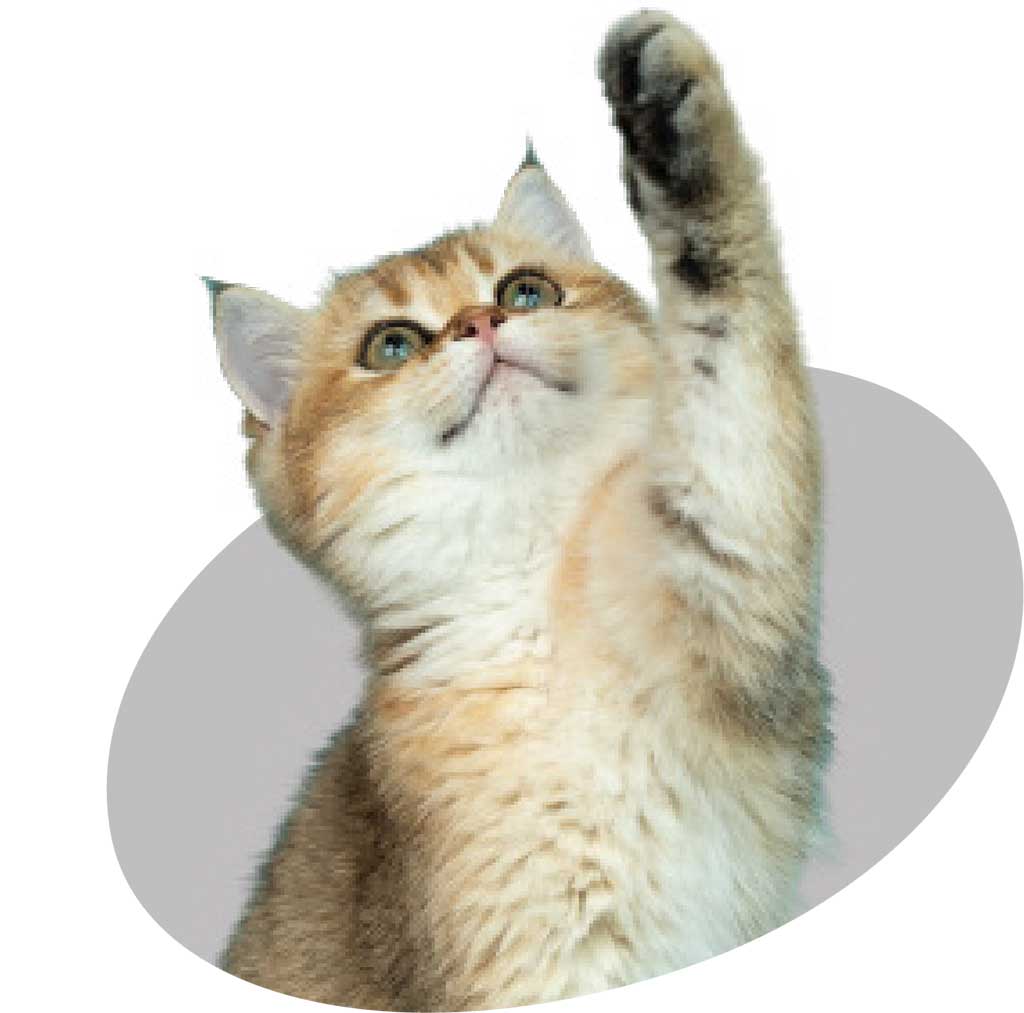

Discovering the wonders of kitten teeth
Kittens have unique sets of teeth that are essential for the development of their oral health. From the moment they are born, kittens are equipped with a set of 28 teeth, known as deciduous or baby teeth. These teeth will stay with them until they are around four months old, at which point they will begin to fall out and be replaced with a new set of adult teeth. Kitten teeth help them to learn how to eat solid food, groom themselves, and play with their littermates.
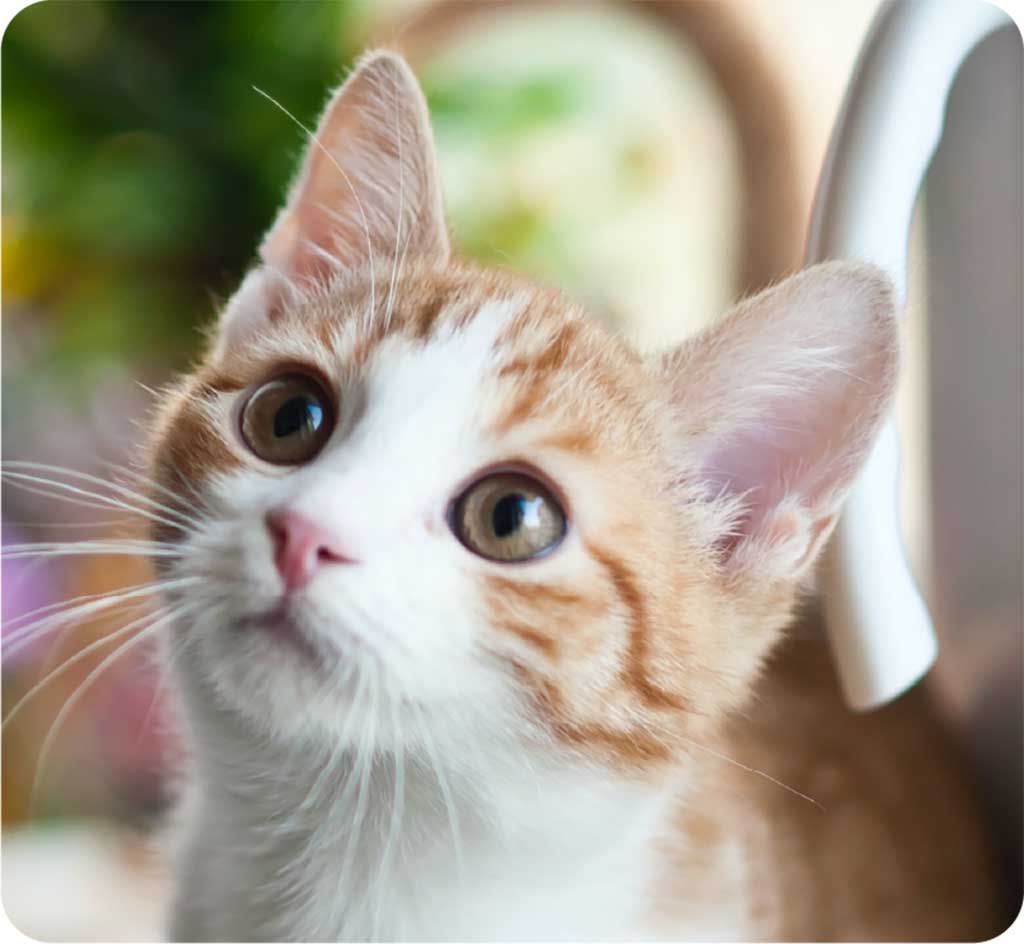


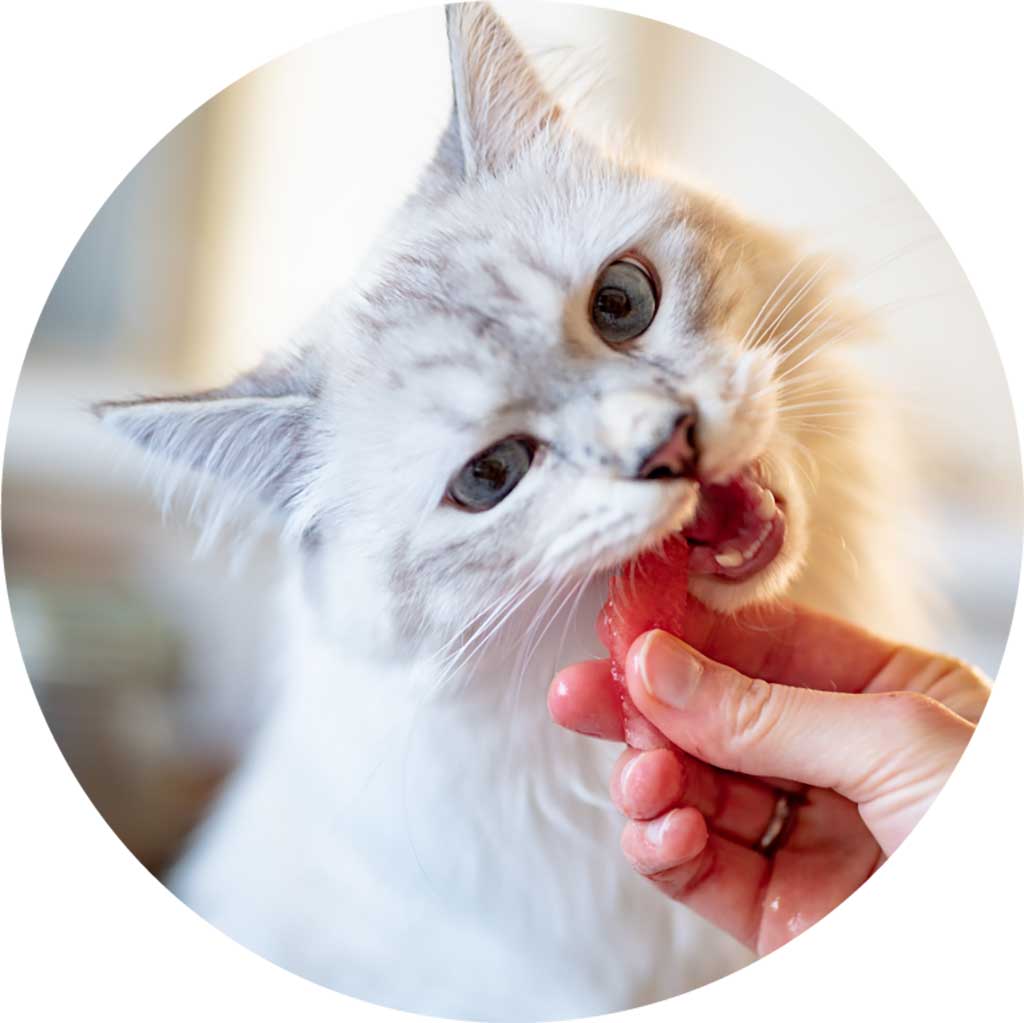
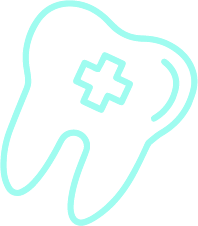

Getting into the habit
It’s a good practice to start caring for your kitty’s teeth while they are young. Plaque and tartar can build up anytime in a cat's life. If left unattended, these bacteria can develop into big problems as your cat ages.
Start regularly brushing your cat’s teeth and massaging their gums as early as their kitten phase. Not only does this help their teeth and gums develop cleanly, but it also trains your cat about regular dental hygiene. The more your cat understands that dental hygiene is a part of life, the easier it will be to maintain the routine when they get bigger. Just watch out on your first few tries (avoid bites) and reach out to your local team for support and guidance.
You can also keep things fun with dental chew toys and snacks. These are great for any cat, not just teething kittens, because they are designed to naturally clean teeth while the cat gnaws on them. There are plenty of these toys and snacks to choose from on the market, so check with your vet which ones will fit best with your cat’s diet.
 Member Advantage
Member Advantage
Next time you pop into our clinic, why not pick up their food as well? We sell premium dental cat food, and Best for Pet members get 10% off RRPBest for Pet members get 10% off RRP.
Watch out for these symptoms
Sometimes, having white teeth is not enough of an indication that your cat has a healthy mouth. The following are symptoms you also need to look (and smell) out for:
- Smelly breath
- Increased drooling
- Loose teeth
Each of these could point to an underlying dental condition like oral infections or gingivitis. Reach out to your vet as soon as you notice unusual symptoms in your little kitty.
We advise keeping a close eye on your cat’s appetite as well. If they start showing an unwillingness to eat, then that could mean they are experiencing pain as they chew. The sooner you treat what’s happening with their teeth and mouth, the sooner your cat can go back to munching on all their favourite food.
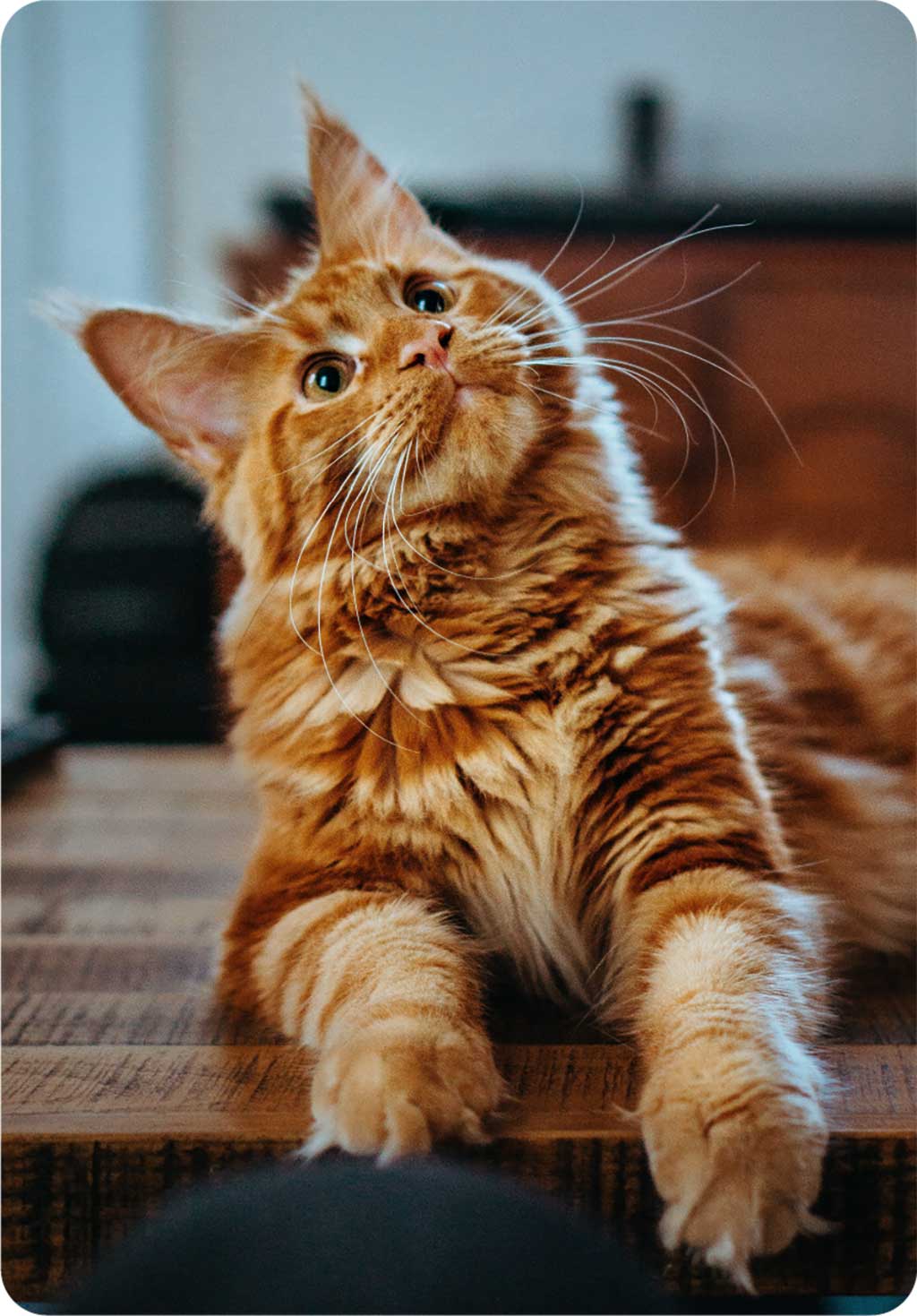




Maintaining a dental routine
By the time cats hit their adult years, they will have up 30 fully grown teeth. With more teeth, it means adult cats are more prone to experience dental problems. In fact, roughly 70% of cats aged over three years old deal with dental diseases. That is why we recommended having adult cats regularly checked up every six months.
 Member Advantage
Member Advantage
And did you know Best for Pet members get $250 off dental care annually?Best for Pet members get $250 off dental care annually? Contact us to find out more about how you could save on dental.
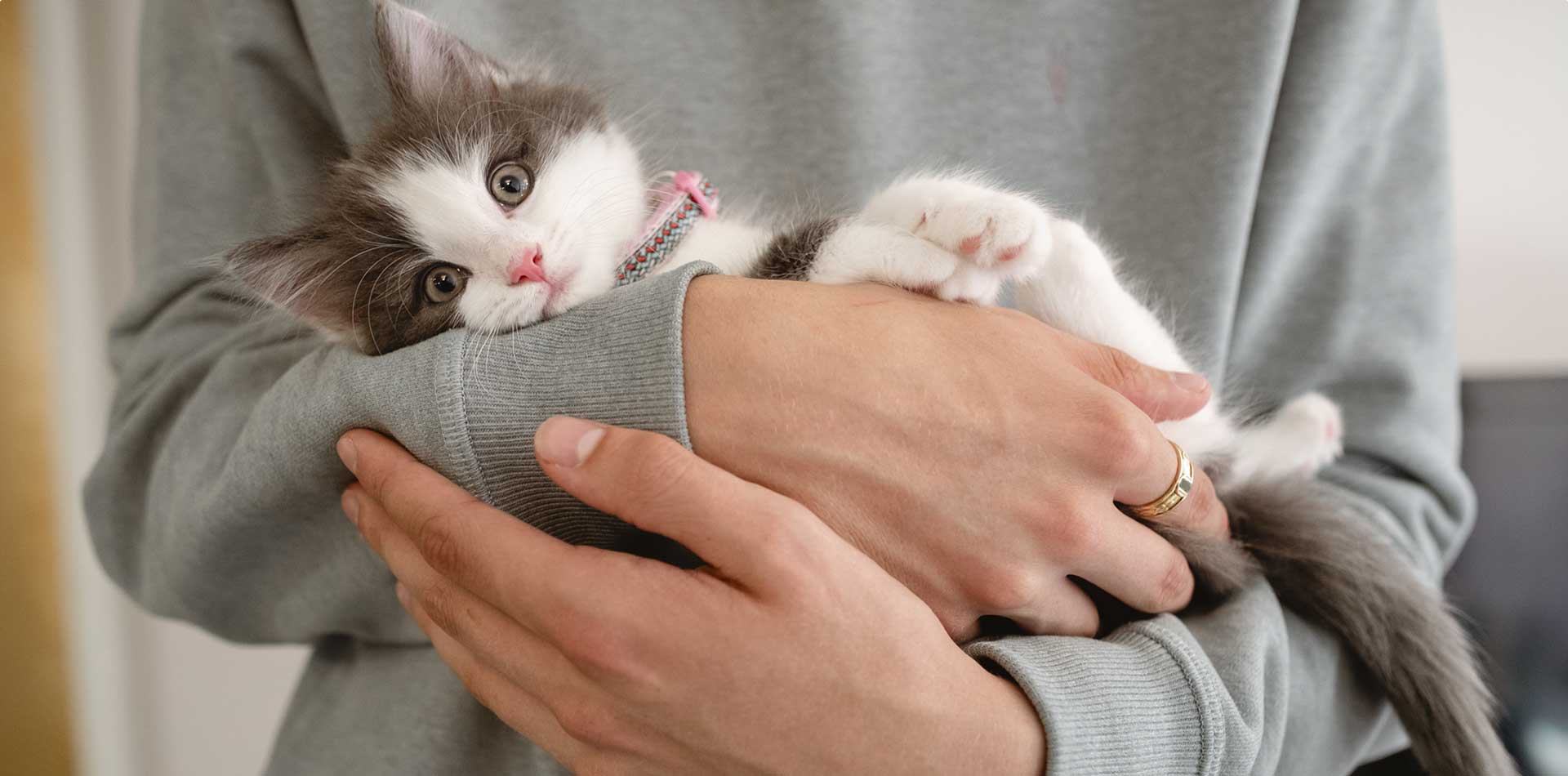
We’re here to help
If you have any questions about anything regarding your cat, get in touch with us today, or bring them in for a check-up (we love meeting new kitties!)



Leave a Comment